Juneteenth commemorates the day the last enslaved people were emancipated in the United States on June 19, 1865. Celebrate work that continues to celebrate liberation, culture, and the fight toward freedom and equality for all.
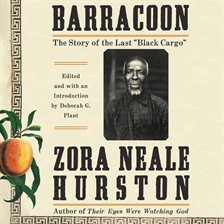
Barracoon The Story of the Last “Black Cargo” by Zora Neale Hurston
It’s only fitting that a list dedicated to the celebration of slavery’s “official end” in the U.S. begins with the oral account of Cudjoe Lewis, long believed to be the “last” survivor of the Middle Passage. Lewis was one of more than 100 kidnapped Africans stashed in the hold of the slave ship Clotilda and smuggled from Benin to Mobile Bay, Alabama, even after the import of Black bodies have been banned. Thanks to Hurston Cudjoe words were written and documented. The book is a quick read but its impact stays with you. Sidenote this book stayed in the vault for decades and was only published in 2018.
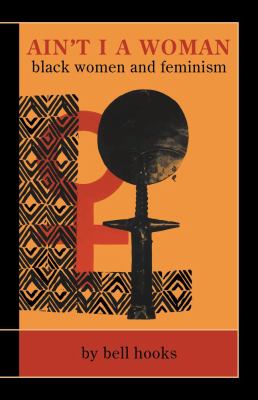
Ain’t I A Woman Black Women and Feminism by bell hooks
This book examines the impact of sexism on black women during slavery, the devaluation of black womanhood, black male sexism, racism among feminists, and the black woman’s involvement with feminism, hooks attempts to move us beyond racist and sexist assumptions.
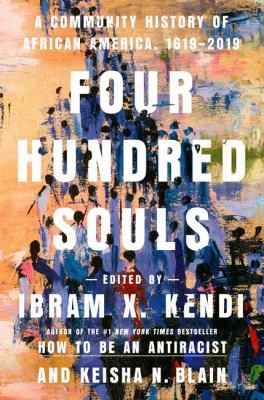
Four Hundred Souls A Community History of African America, 1619-2019
Four Hundred Souls examines the 400-year history of African America through the chorus of Black voices working and writing today. It starts with the arrival of a few dozen enslaved Africans on the White Lion in 1619—pre-dating the Mayflower of 1620. Each chapter of this book accounts for 5 years of history and is written by a different author. It is a hefty read but it is so worth it and covers a lot of content.
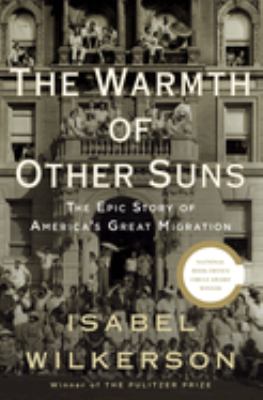
The Warmth of Other Suns. The Epic Story of America’s Great Migration by Isabel Wilkerson
This beautifully written masterwork by Isabel Wilkerson chronicles one of the great untold stories of American history: the decades-long migration of black citizens who fled the South for northern and western cities, in search of a better life. From 1915 to 1970, this exodus of almost six million people changed the face of America.
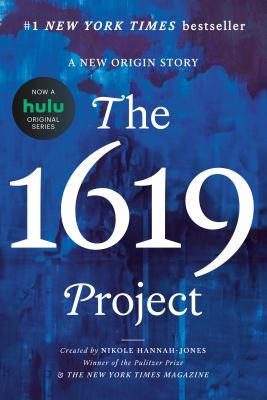
The 1619 Project A New Origin Story
In this expanded version of the 2019 New York Times magazine of the same name, Nikole Hannah-Jones and a collection of scholars, journalists, and poets tell the story of how slavery and its legacy has shaped and impacted America across many facets of American life since the White Lion ship came ashore in Virginia in 1619 carrying at least 20 Africans onboard.
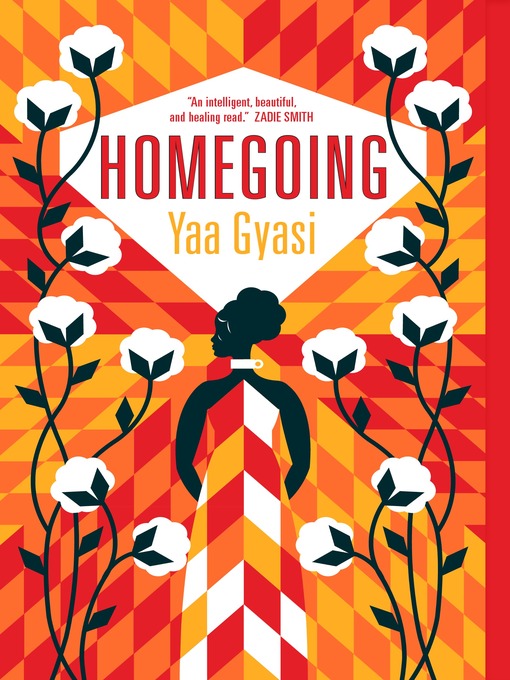
Homegoing is a must-read that will transport you. The story follows the descendants of an Asante woman in the 1700s named Maame. Maame has one daughter while enslaved in a Fante village and another daughter after escaping back to Asanteland; as a consequence, her daughters never meet. Each chapter is dedicated to a descendant of one of the sisters and follows their journey of family, heritage, prejudice, love, marriage, discrimination, and the impact of slavery. Attempting to understand systemic racism and the plague that slavery had and continues to have on families is next to impossible. But through this novel, we can see how each generation is connected to the previous one and how some of the issues that plague one generation trickles into the next.
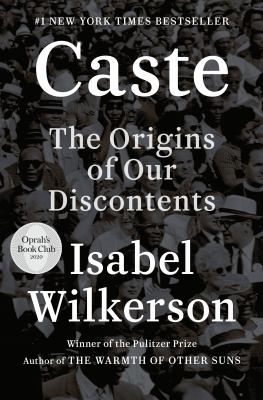
Caste: The Origins of Our Discontents by Isabel Wilkerson
If you think there’s no caste system in America, this book will surely open your eyes. Wilkerson skillfully blends personal anecdotes, news stories, reporting, and historical research to create a convincing portrait of the endurance of caste in America. The book gives a profound insight into how a caste society is built, how it functions, and how it shapes an individual. It delves into the hidden hierarchies that exist within our society that investigates threads between how the Nazis studied the racial systems in the U.S., as well as the health, cultural, and political ramifications of our striated culture.
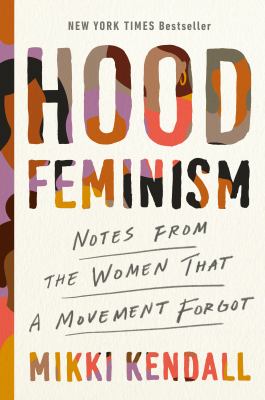
Hood Feminism: Notes From the Women That A Movement Forgot by Mikki Kendall
If you’re someone who’s ever questioned the constraints of modern-day feminism, then you should read this book. The book is a deep dive into the movement and the women of colour, who have been left out of the discussion. It is an all-encompassing collection that hits hard and asks some really tough questions.
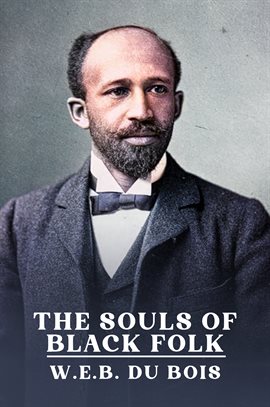
The Souls of Black Folk by W. E. B. Du Bois
Published in 1903, exactly forty years after the Emancipation Proclamation, W.E.B. Du Bois’s “The Souls of Black Folk” continues to hold a strong hold on the Black community in the present day. Du Bois produced a resounding declaration on the rights of the American man and laid out an agenda that was at the time radical but has since proven prophetic. The colour line is the central theme of this book and how we as a collective world can navigate it.
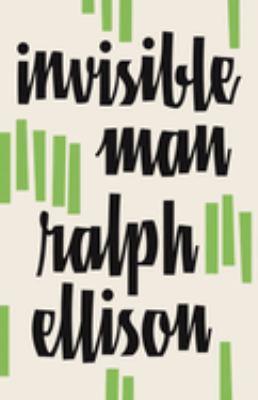
Invisible Man by Ralph Ellison
This book is a classic for a reason. The writing itself is hypnotic. Written in the early 1950s Ellison uses a narrator who is never named but from whose perspective Ellison explores themes of nationalism, race, identity, gender, equality, political reform, and the rule of law. The style will remind some of Dostoyevsky’s Notes from Underground while the political and social commentary are reminiscent of Steinbeck and early Jack London. A must-read.
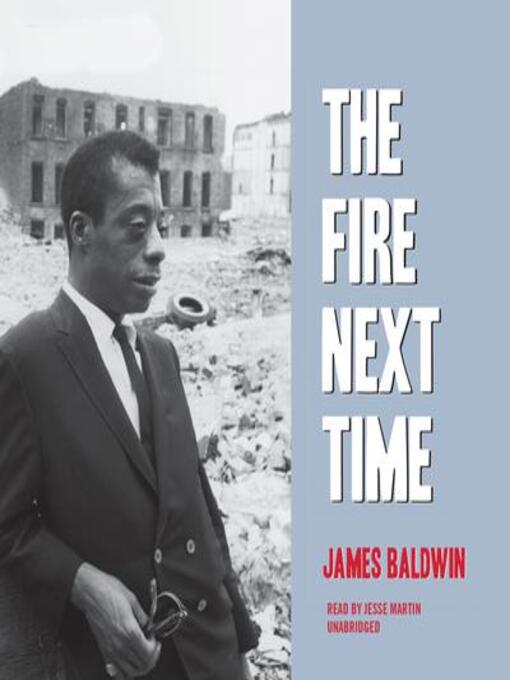
The Fire Next Time by James Baldwin
Arguably one of Balwin’s most profound works. This book is small and mighty. Written during the battle for Civil Rights in the early 60s, Baldwin’s impassioned call to action in The Fire Next Time is unmistakable. Racism in America has had a devastating effect on African Americans and White Americans. Baldwin challenges us to see past the things which divide us.

This is not an easy read, but it is an important one. This book is a detailed account of the atrocities that African Americans have faced at the hands of the medical profession and the scientific community. This book is well-researched and the information is presented in a comprehensive way. The author has compiled and analyzed a vast amount of research to make the case that racist practices toward African-American people from slavery onward, in the name of science and medicine, have created an atmosphere of distrust among African-Americans toward the medical profession.
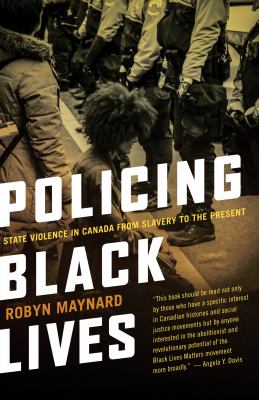
Policing Black Lives: State Violence in Canada From Slavery to the Present by Robyn Maynard
If there were ever a book that all Canadians should read about race in Canada, this is it. This book traces the violent realities of anti-blackness from the slave ships to prisons, classrooms, and beyond. Maynard provides readers with the first comprehensive account of nearly four hundred years of state-sanctioned surveillance, criminalization, and punishment of Black lives in Canada. She goes deep with research, evidence, and tons of narrative that adds so much colour to her words. Policing Black Lives traces the still-living legacy of slavery across multiple institutions, shedding light on the state’s role in perpetuating contemporary Black poverty and unemployment, racial profiling, law enforcement violence, incarceration, immigration detention, deportation, exploitative migrant labour practices, disproportionate child removal, and low graduation rates. For me, it serves as a call to action for us to dismantle the systems that oppress Black people in Canada.
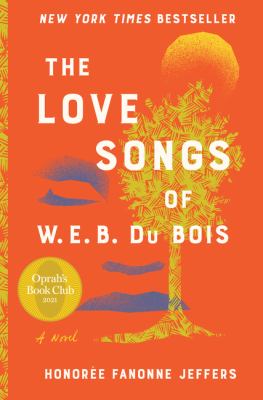
The Love Songs of W.E.B. Du Bois A Novel by Honorée Fanonne Jeffers
Don’t let the sheer thickness of this book scare you. Every page, every word is well worth it. This book is EPIC! The great scholar, W. E. B. Du Bois once wrote about the Problem of race in America, and what he called “Double Consciousness,” a sensitivity that every African American possesses in order to survive. Since childhood, Ailey Pearl Garfield has understood Du Bois’s words all too well. Bearing the names of two formidable Black Americans—the revered choreographer Alvin Ailey and her great-grandmother Pearl, the descendant of enslaved Georgians and tenant farmers—Ailey carries Du Bois’s Problem on her shoulders. We follow her journey as a child, teenager, and adult and we learn her history and that of her family. She learns some difficult truths as she digs.

On Juneteenth by Annette Gordon-Reed
“June 19, 1865, shortened to ‘Juneteenth’, was the day that enslaved African-Americans in Texas were told that slavery had ended, two years after the Emancipation Proclamation had been signed, and just over two months after Confederate General Robert E. Lee surrendered to Ulysses S. Grant at Appomattox.” The author is a law professor and historian and this book is a collection of essays covering the history of Texas, the origin stories of African Americans in the United States, Native Americans, the Alamo and, of course, Juneteenth, among other things. A very poignant and moving expose on Texas and its racial history.
book reviewEditors choicemust read books









What do you think?